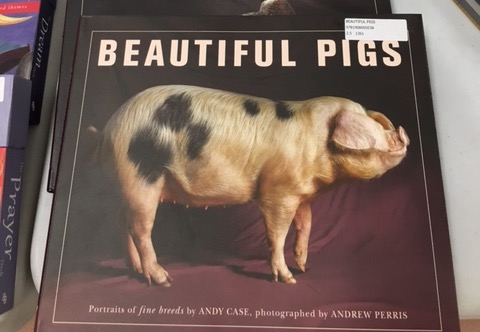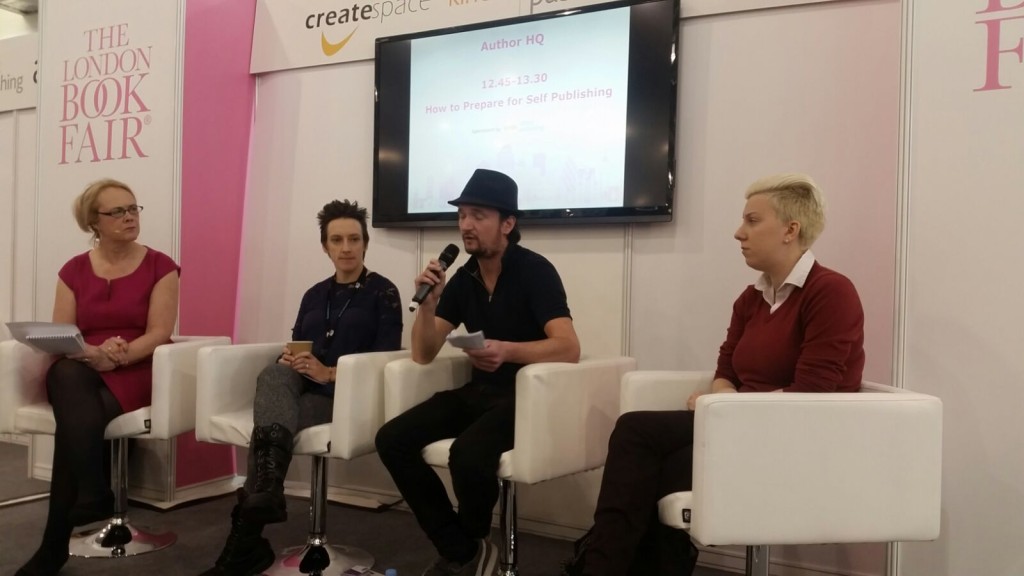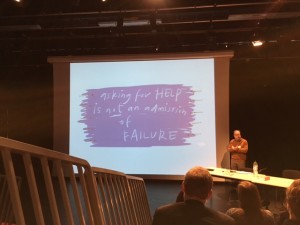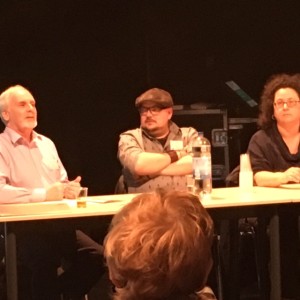You’d think that, as a copy-editor and proofreader, I’d be the archetypal grammar Nazi. And it’s true that sometimes I have to take a strict approach to the manuscripts that pass across my desk. But, contrary to popular belief, not every editor or proofreader goes around correcting grocer’s apostrophe’s. Here’s why bad spelling and grammar doesn’t bother me.

Rather than whetting your appetite and then working up to a denouement like a good writer should, I’ll start with the reason that’s most important to me: some people just struggle with these things through no fault of their own. Some of the brainiest people I know have dyslexia. Many more don’t have a diagnosed condition but simply find writing hard. Chances are, they’ve got strengths in another area and it’s not my place to point the finger, judge or laugh.
That by itself is, for me, a good enough reason to dial down the outrage. Being a decent human being and having a bit of empathy isn’t that hard. But there’s a couple more …
- Sometimes I’m not very good at writing myself.
Or should that be: sometimes I, myself, am not very good at writing.
You get the idea. Doing this job, it’s important that everything I write that’s for public consumption is polished and perfect. I go over my text time and time again trying to make sure I’ve got the best possible phrasing. And that’s before I’ve combed it for typos, missing full points and other embarrassing errors. I’m sure some still slip through the net. I’m not a professional writer. If I was, I’d be writing my own books instead of editing and proofreading other people’s. I just know the rules and make sure they’re applied (or, sometimes, create my own!). So I sympathise with the writer’s struggle.
- I’m lazy at heart.
Picking out people’s errors is work. It’s not my hobby. I enjoy what I do for a living, but everyone needs to switch off sometimes for the sake of their mental health. I’m far too lazy to get worked up about somebody’s innocent mistake. I might look for an opportunity to slip them a business card, but I’m certainly not going to waste my time getting hot under the collar.
So, writers: write away. I’m not judging you. (I can if you want, though, for the right price …)


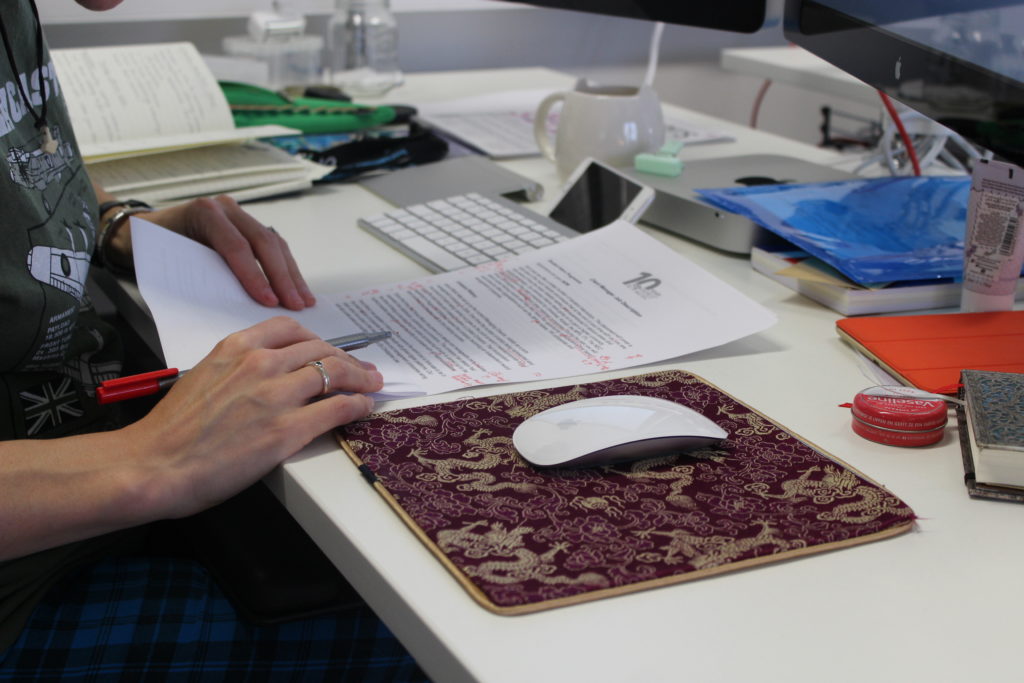 I advertise proofreading and copy-editing services and I try to be clear about exactly what you get for your money with each service. I don’t want to bore potential clients to death before they’ve got half-way down the page, though! If you’re not sure about the difference between proofreading and copy-editing and you’d like to know more, read on …
I advertise proofreading and copy-editing services and I try to be clear about exactly what you get for your money with each service. I don’t want to bore potential clients to death before they’ve got half-way down the page, though! If you’re not sure about the difference between proofreading and copy-editing and you’d like to know more, read on …
